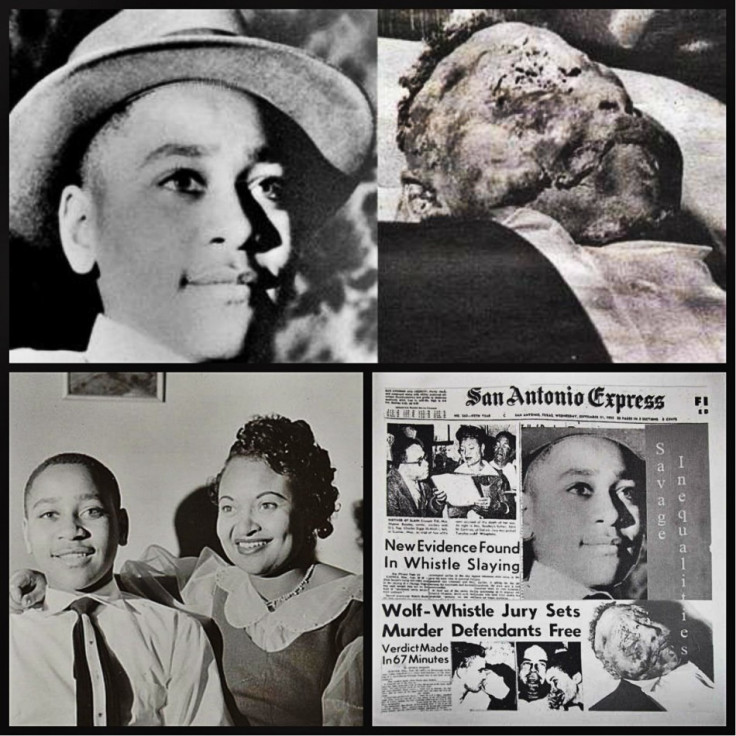Woman at center of Emmett Till lynching admits she fabricated testimony
The white woman claimed that Emmett, 14, wolf-whistled at her.

Emmett Till's brutal lynching in 1955 was one of the darkest chapters in American history and one that symbolised the country's difficult relationship with race.
The 14-year-old black boy from Chicago was visiting relatives in a small town in the Mississippi Delta when he was accused of wolf-whistling at a white woman.
Days later, Till was then abducted from his home and was found in the Tallahatchie River: his body was mutilated and wrapped in barbed wire, eyes gouged out and a bullet through his head.
His injuries were so bad, his mother insisted on a public funeral with an open casket to highlight the brutality of his murder.
Now, over 60 years later, Carolyn Bryant – the woman at the heart of the alleged incident, who testified in court that she was grabbed and harassed by Till – has admitted she fabricated her testimony.
In a new book by American writer and historian Timothy Tyson, when Bryant was asked about the alleged flirting and harassment, she said: "That part's not true."
That four-word confession is symbolic of the grave miscarriages of justice that plagued the pre-Civil Rights era in America.
Bryant spoke to Tyson in 2007, when she was 72. The admission was not made public until now.
Bryant is still alive, living in an undisclosed location. When she spoke to the author she said she could not even remember the other details of her fleeting encounter with Till.
"Nothing that boy did could ever justify what happened to him," she told Tyson, whose book the Blood of Emmett Till will be released on 31 January.
Till's lynching is considered one of the biggest catalysts for the Civil Rights movement after pictures of his open casket were published in Jet magazine.
Rosa Parks said Till was on her mind in December 1955 when she refused give up her bus seat in Montgomery, Alabama, kickstarting nationwide protests.
© Copyright IBTimes 2025. All rights reserved.






















